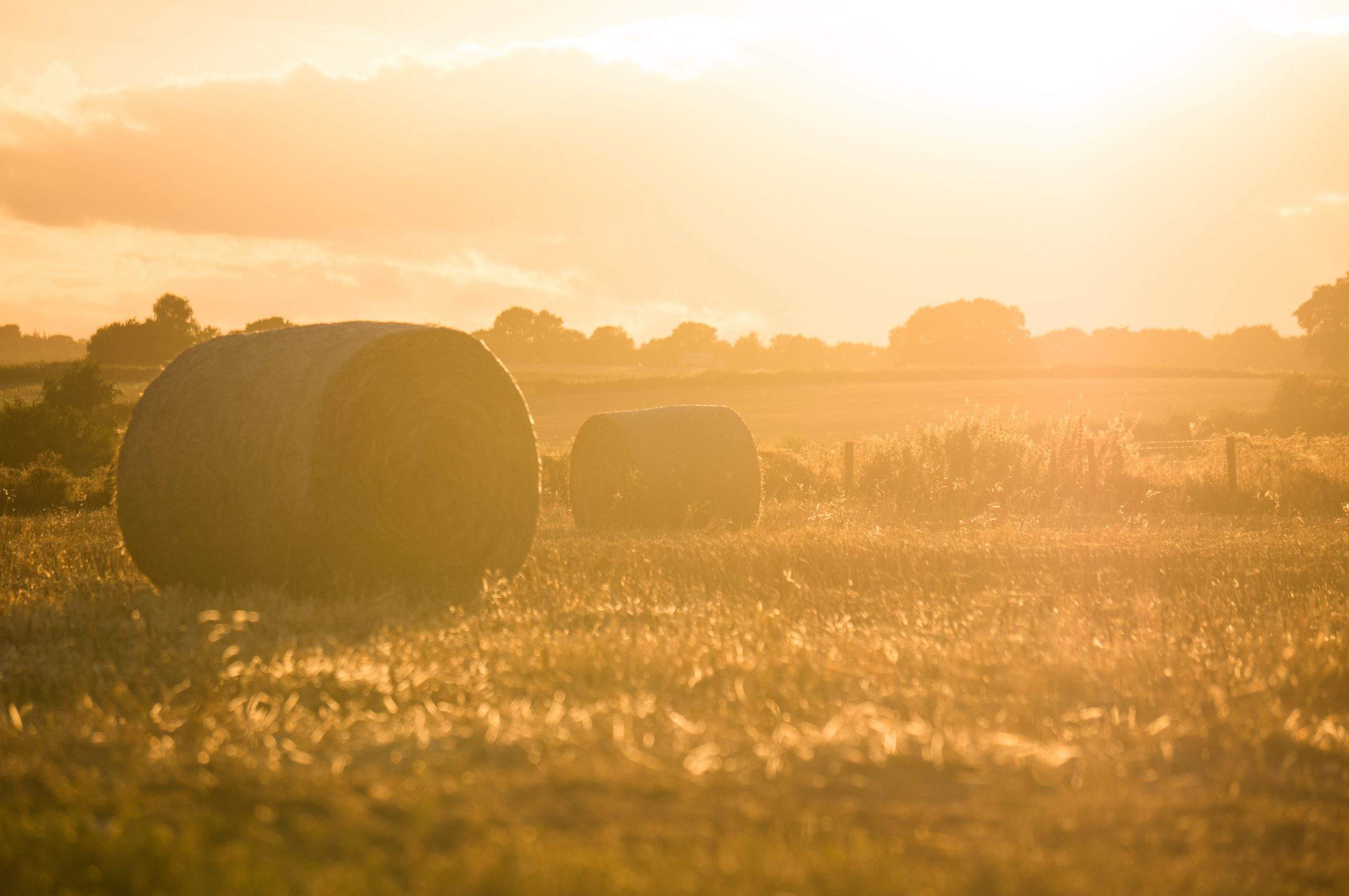It isn’t enough for France’s organic farming industry to recover from COVID. It has to come back larger, stronger, and more sustainable than ever.
France occupies an enviable position among European nations, and the world as a whole. It is a net food exporter, and one known for the high quality, high value produce it can provide rather than for selling huge amounts of staple crops at competitively low margins. That said, the COVID-19 epidemic has damaged industries all over the world, and France’s agricultural powerhouse is no exception.
One of the things that will really set France apart over the next few years will be its commitment not to merely recover the production and market share that it has lost over the pandemic, but to expand both its own food sovereignty and its dominance in some of the most lucrative food and food product markets – specifically organic, carbon neutral and ecologically sustainable food products. With more than €1.2 billion being invested, the payoff is expected to be equally impressive.
France is making a massive investment in food sovereignty throughout the nation and its Overseas Territories, especially in terms of high value organic crops and food products.
Food sovereignty is a term you hear more and more these days, but what does it really mean? It is closely linked with the concept of ‘Food Security’ – where a nation has the ability to feed all of tis residents well. However, good food sovereignty also requires that food production and distribution within the country be handled by the people who produce, transport and consume that food (as opposed to international corporations and global market participants. Because France is a net importer of high-protein animal feed, it food sovereignty is threatened.
A full €364 million euros of investment is earmarked for improving France’s food sovereignty. The plan calls for doubling the amount of land dedicated to this kind of animal feed production in less than 10 years. There are many other efforts underway to do this even now, including a €100 million plan to reduce the nation’s reliance on imported protein supplies for its livestock farming sector. This will help wean French farmers off overseas sources of animal feed – many of which are massively unsustainable – and to increase France’s own capacity to produce animal feed that is organic and/or ecologically sustainable.
“A €100 million plan to reduce the nation’s reliance on imported protein supplies for its livestock farming sector”
At the same time, France is experiencing an agricultural transition from large, chemical and fertiliser-dependent industrial farming techniques to more traditional, sustainable organic farming practices.
This is the perfect time to make sure that much of that investment goes to speeding that transition, making France more capable of meeting both internal and external demands for higher quality, more sustainable foods. With nearly 12 billion euros in sales in 2019, a growth of 1.3 billion euros in one year, the French market for organic products in 2019 will be on a par with the German market. Since 2010, France has seen the strongest growth in organic surfaces in the European Union. A very large part of the recovery plan will boost this growth and ensure France continues its transformation to organic and sustainable farming.
“€346 million to expand the numbers of French farmers offering premium labeled food, including organic products”
Lastly, powerful efforts are being mounted to make France’s agricultural and forestry industries more resistant to the vagaries of climate change.
With climate change now an established reality, it is past time to toughen the French agricultural and forestry industries, ensuring that they stay competitive in a changing European production landscape.
Farmers are already learning how important it is to be resilient in the face of climactic hazards. Drought is becoming more prevalent in some regions, while hail might be a more pressing concern somewhere else, or in a different part of the year. These events are becoming more and more common all over the world, and those countries who successfully make their forestry, agricultural and other ‘growing’ industries more resistant to the vagaries of a changing climate will be in a position to dominate the agricultural markets of the near future.
A substantial portion of the French government’s available funds will go to making farmers more capable of resource management, more invested diversified crops, and able to access the drought, mildew and flood-resistant seeds they will need to stay productive no matter what surprises the weather may hold.
“45,000 hectares of working forest will be planted, capturing an additional 150,000 tonnes of CO2 every year”
In fact, France’s various forestry industries hope to expand sufficiently to offset a full 20% of the country’s CO2 emissions very soon, becoming a large part of the nation’s commitment to achieving carbon neutrality. Current plans call for 45,000 hectares of working forest to be planted, capturing an additional 150,000 tonnes of CO2 every year.
France’s recovery plan for the Agrifood industry is ambitious, on par with France’s reputation of excellence when it comes to food. Whilst investing in modernizing and supporting agriculture as a whole, it also drafts a better future for France, with a global vision to improve all sectors.
Follow our Twitter and Linkedin accounts for more news about the recovery plan and the future of agrifood in France.
